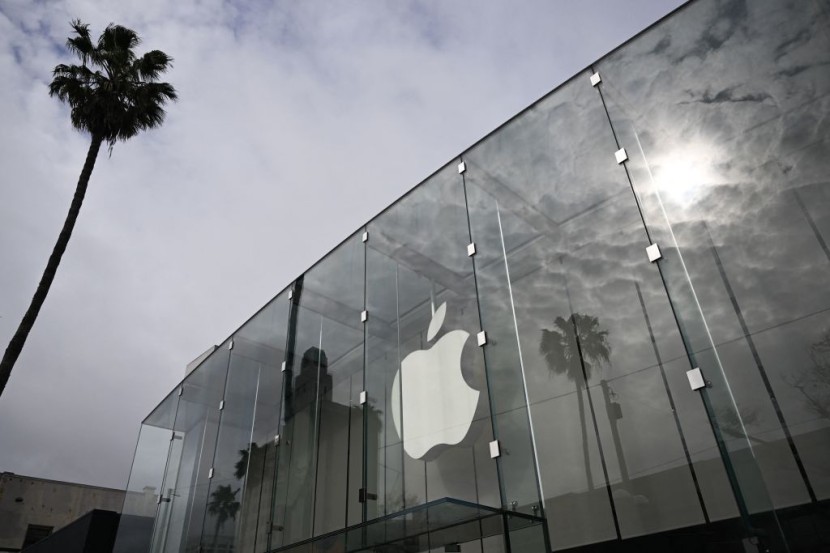
Apple has announced it has posted several job openings in the field of artificial intelligence (AI), particularly generative AI, globally.
In the past few months, Apple has been posting dozens of AI job openings in the US, France, and China, looking to fill roles that could help build generative AI tools using local processing on mobile devices, according to the Financial Times.
However, the company removed all generative AI services from its China App Store this week in anticipation of the regime's new regulations pertaining to AI, which would take effect by August 14.
Apple specifically seeks candidates with a "proven track record in applied [machine learning] research." Candidates are expected to train large-scale language and multimodal models on distributed backends, deployment of compact neural architectures efficiently on devices, and learning policies that could be personalized to the user in a privacy-preserving manner.
The company's announcement of hiring staff with generative AI backgrounds took the world by storm as it was missing from its recent quarterly report.
Apple has crossed 1 billion paid subscriptions across the services on its platform, up 150 million during the last 12 months and nearly double the number of paid subscriptions it had only three years ago.
Read Also: Apple iPhone 15 Price Likely to Increase: Here's How Much
Cook: Apple To Focus on Generative AI, Machine Learning
Cook also revealed Apple has been working on generative AI and other models in the years to come.
In his interview with CNBC Thursday (August 3), he said AI and ML are "virtually embedded" in each product.
"On a research basis, we've been doing research on AI and machine learning, including generative AI, for years," he added.
The company also saw strong services sales in its Q2 2023 financial report, which grew 8% year-on-year (YoY), with some analysts expecting its Q3 earnings to increase further despite a downtrend in consumer electronics.
Apple's iPhone market share also increased to 55% in Q2 2023 due to the significant fall in shipments of Android smartphones and carrier promotions, even if it was hit by market stagnation.








